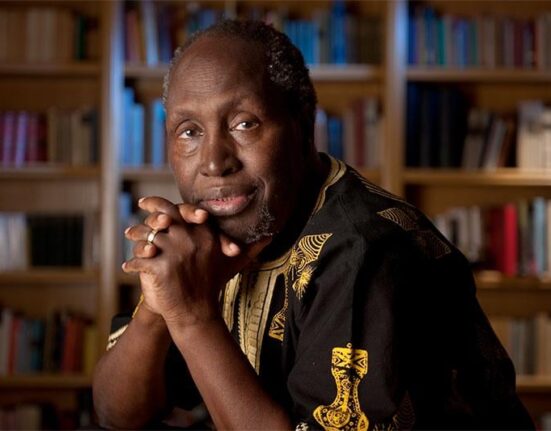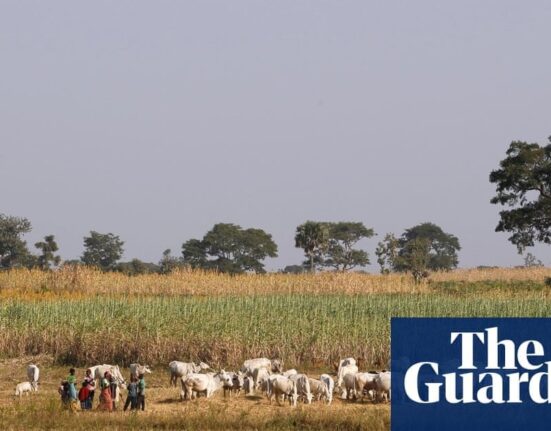A recent development has stirred up quite a storm in the African business landscape, as news broke that Niger has entered into a partnership with the controversial figure, Kamlesh Pattni, to establish its first gold refinery. Pattni’s reputation precedes him, with his involvement in the infamous 1990s Goldenberg scandal in Kenya and more recent sanctions from the U.S. and U.K. for suspected gold smuggling and money laundering activities in Zimbabwe. The collaboration between Niger and Pattni has raised eyebrows and sparked a wave of skepticism and concern within the community.
The history of Kamlesh Pattni is laden with controversy and scandal, making this partnership with Niger a bold and contentious move. His notoriety stems from the Goldenberg scandal, a financial scam that rocked Kenya in the 1990s, implicating Pattni in fraudulent gold exports that cost the country billions of dollars. Despite these dark chapters in his past, Pattni has continued to operate in the shadows, allegedly engaging in illicit activities that have drawn the attention of international authorities.
As one Reddit user aptly put it, “I smell a rat here and it’s stinking!” The decision to collaborate with a figure like Pattni, who has a tainted track record, raises serious questions about the integrity and motives behind Niger’s choice.
The partnership between Niger and Pattni to establish a gold refinery has ignited a fierce debate within the African business community and beyond. Many are questioning the wisdom of aligning with a figure like Pattni, given his history of alleged misconduct and sanctions by reputable nations. The concerns echo louder in light of the potential risks associated with engaging in business dealings with individuals with questionable backgrounds.
Reflecting the sentiments of many, a Reddit user remarked, “What do you think of this – Does this make sense for Niger or is this just another looting story being re-enacted?” The skepticism and suspicion surrounding the collaboration underscore the need for transparency and due diligence in such high-stakes partnerships.
The decision of Niger to partner with Kamlesh Pattni underscores broader issues of governance, accountability, and transparency in the African business landscape. It highlights the challenges faced by countries in balancing economic development goals with ethical considerations and reputational risks. The case serves as a cautionary tale about the potential pitfalls of forging alliances with individuals embroiled in controversy and legal troubles.
Looking beyond the immediate implications of the partnership, it beckons a closer examination of the regulatory frameworks and oversight mechanisms in place to prevent questionable dealings and safeguard the interests of nations and their citizens.
In conclusion, the collaboration between Niger and Kamlesh Pattni to establish a gold refinery stands as a contentious decision that has sparked widespread debate and skepticism. The history of Pattni’s involvement in scandals and illicit activities raises serious concerns about the integrity and implications of such a partnership. It serves as a reminder of the importance of due diligence, transparency, and ethical considerations in forging alliances in the business world. The story of Niger’s venture into the gold industry with Pattni at the helm is a cautionary tale that reverberates beyond borders, underscoring the complexities and challenges of navigating the fine line between economic progress and ethical responsibility.









Leave feedback about this